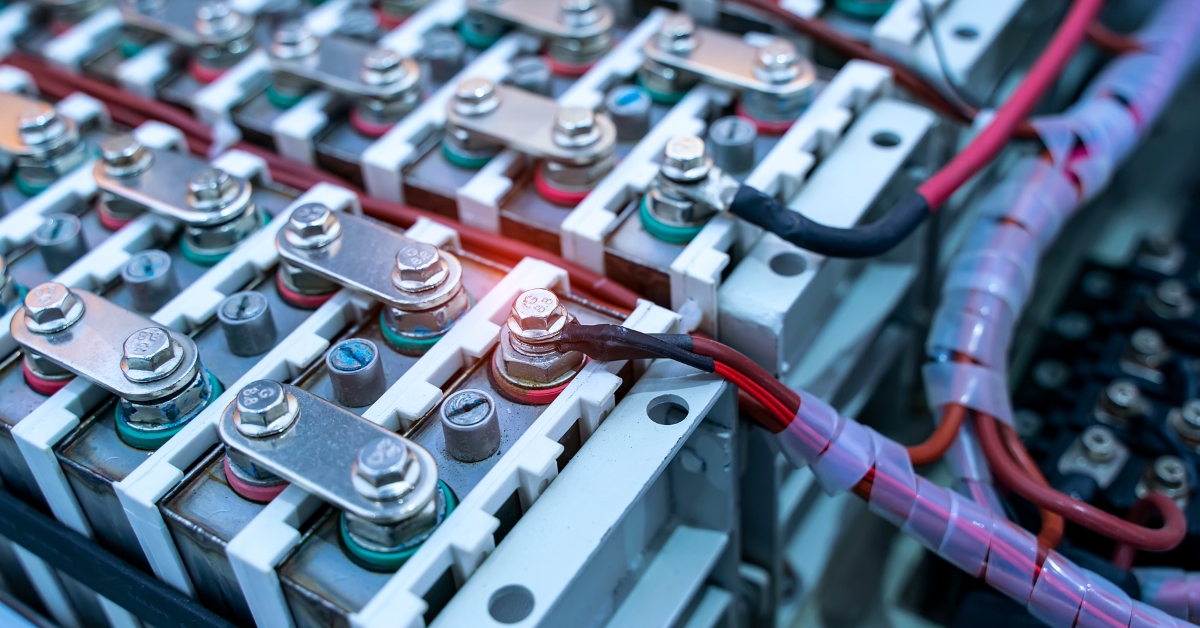
China’s Graphite Export Restrictions Challenge Biden’s EV Plans
China has dealt a blow to President Joe Biden’s ambitions to electrify the U.S. car fleet by announcing plans to restrict the export of graphite, a crucial component used in electric vehicle (EV) batteries. The Chinese Ministry of Commerce and General Administration of Customs revealed that these restrictions would be imposed on national security grounds, with the new rules expected to take effect in December. This move follows recent limits imposed by the United States on the types of semiconductors American companies can sell to their Chinese counterparts.
Graphite is indispensable in the production of EV batteries and accounts for the negatively charged anode part of the battery. China dominates the global production and processing of graphite, contributing to an estimated 65% of the world’s total production, according to the U.S. Geological Survey. The restriction on graphite exports serves as a potent reminder of China’s significance in the global supply chain and its intent to use its influence to advance its power.
Tom Moerenhout, a research scholar at Columbia University’s Center on Global Energy Policy, emphasized that China’s action is a show of strength and a warning to the world. He stated, “It’s really just flexing a muscle — that’s basically what’s happening.”
The decision to limit graphite exports could exacerbate an already tense trade war between the United States and China, which has been grappling with access to computer chips and chip-making equipment over the past year. The extent of the impact of these new regulations will largely depend on how strictly China enforces the licensing requirements in the coming months.
Tristan Abbey, a former director of energy and environment at the National Security Council during the Trump administration, expressed concerns about the United States’ increasing reliance on China for essential minerals. He said, “In terms of the severity of how bad things could get, we haven’t even scratched the surface, given the degree to which we have made ourselves beholden to China for these minerals that we need.”
China has previously imposed export restrictions on minerals like gallium and germanium, essential for semiconductor production, leading to a sharp drop in exports. Furthermore, the Biden administration recently introduced additional limits on the sale of advanced semiconductors by U.S. firms, primarily affecting shipments to Chinese data centers.
These recent actions by China and the United States come at a critical juncture, as the Treasury Department is set to finalize rules related to the Inflation Reduction Act. These rules aim to reconfigure supply chains, urging companies to shift away from China and toward the U.S. or its close allies. Beginning in 2024, vehicles seeking to qualify for EV tax credits under this act cannot have battery components assembled in non-allied countries, including China.
These provisions have raised concerns among automakers that have long depended on China for their supply of critical minerals. The ongoing tug-of-war between the two superpowers in the realm of trade and resource access underscores the broader implications for the global EV industry and the geopolitical tension that surrounds it.














